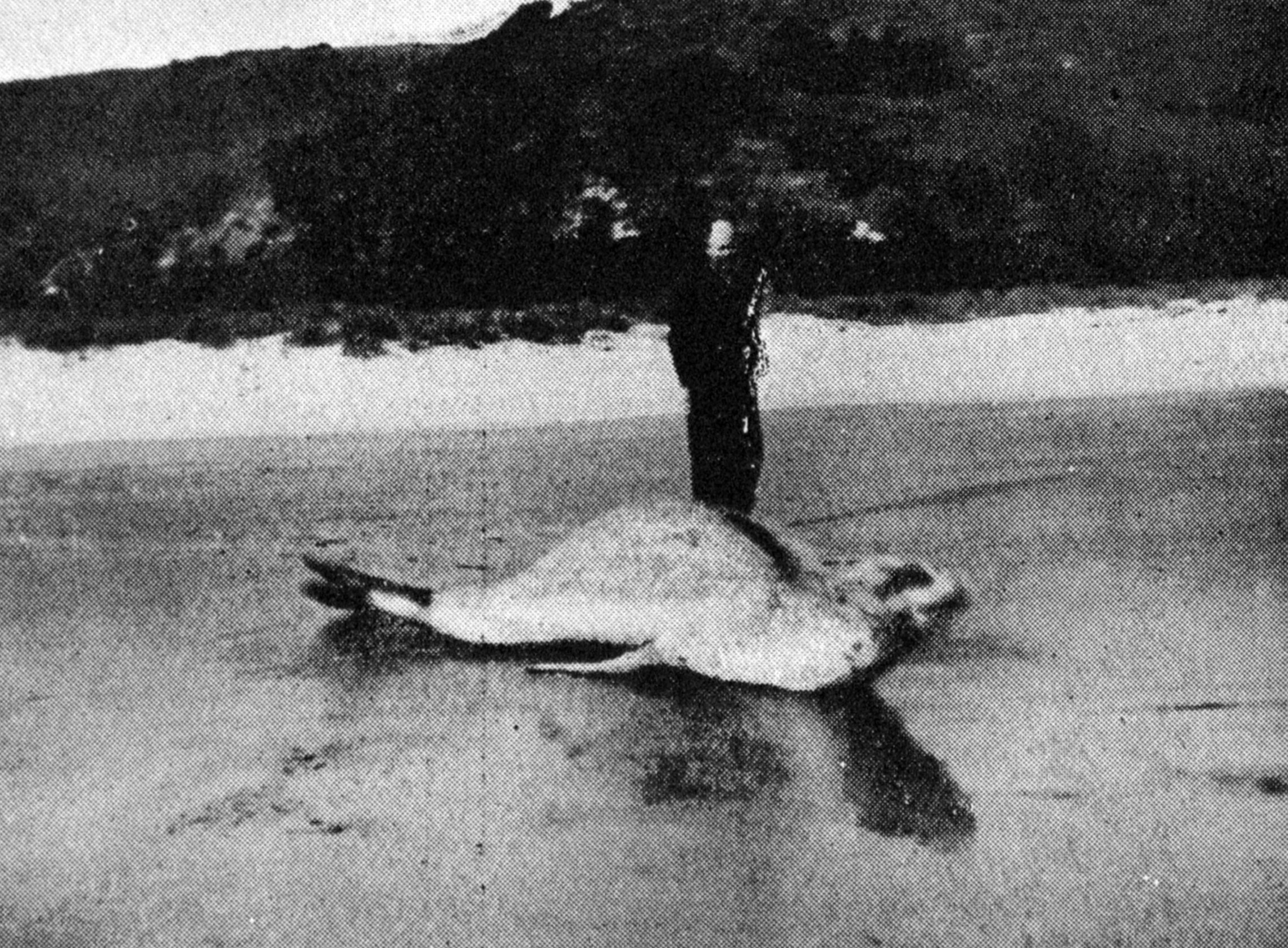
A seal stranded on the beach at Murdering Beach, between Otago Heads and Purakanui.
Early settlers’ gifts
The monthly meeting of committee was held yesterday afternoon, Mr W.H. Ferens (president) in the chair. The following gifts were received, and votes of thanks passed to the donors;
From Thos. Begg, Dunedin, framed portrait of his late parents, Mr and Mrs Adam Begg, Anderson’s Bay, Blundell, 1848;
From Mrs Adam Begg, framed portrait of her late husband, Adam Begg, jun., Anderson’s Bay, Blundell, 1848;
From P.H. Martin, Dunedin, framed portrait of his late father, R.B. Martin, Dunedin, arrived 1867;
From Mr J.K. Macifie, copper token half-penny;
From Mr W.D. Main, framed photo old homestead Taieri Lake Station, 1864, then owned by his father, the late D.F. Main, M.H.R., Dunedin;

From Mrs W. Stewart, Hayes’ terrace, photo of her late grandparents, Mr and Mrs R. Marshall, Pine Hill, Resolute, 1863;
From Mr James Knox, Dunedin, copper token, Perkins and Co., Dunedin, 1862;
From Mr James M‘Lay, Fairfield, framed portrait of his late parents, Mr and Mrs M’Lay, Ahuriri Flat, Clutha, Arima, 1863.
Māori knowledge of whitebait
The habitat and movements of certain small fish and insects during autumn and winter have been a mystery to many civilised and uncivilised peoples, but, according to Dr P.H. Buck, the noted Maori ethnologist, old-time Māoris possessed accurate knowledge of the movement of whitebait which many white people lack to this day.
"Many people think there is something of a mystery about whitebait and where they go during certain months," he said. "While I was attending the Pan-Pacific Congress in Melbourne lately a man said to me, ‘There is one thing you scientists do not know, and that is what becomes of whitebait and what they are. There is no mystery in science regarding them, nor yet among the Māoris. The adult fish goes down to sea to spawn in March and the small fry, or marketable whitebait, returns any time from June to September. This is in accordance with an old Māori legend that at certain times of the year all whitebait must return to their parents in the wainui (great waters)."
"The modern French novel"
A meeting of members of the Otago Institute was held last evening in the Museum Buildings, and was presided over by Dr Malcolm. The greater part of the evening was spent in listening to an address by Professor G.E. Thompson on "The modern French novel". The determination of the date that begins the period is not so easy, but for reasons to be detailed later the year 1850 may be taken as the commencement of a new movement. "It is not necessary to remind Anglo-Saxon readers of French that they must be prepared for what, may vaguely be called the ‘outspokenness’ of Continental, and particularly of French, literature in the discussion of sex questions, and a lecturer on the French novel can hardly avoid being similarly outspoken. There is no doubt that the Puritan movement that lies across our national history has introduced a great measure of restraint and reserve, even of prudishness, in our mention of this topic. It is for this reason that more than one French critic has called us a ‘nation of hypocrites.’ We may compare the bluntness’ of the pre-Puritan Chaucer and Shakespeare with most of the post-Puritan literature of England. Not only in sex matters are the French outspoken. The Frenchman seems to have a stronger literary or mental digestion than is common with us, for we find historians and novels dwelling on gruesome details of bloodshed and death from which a British or American reader or writer would shrink."
— ODT, 14.11.1923











